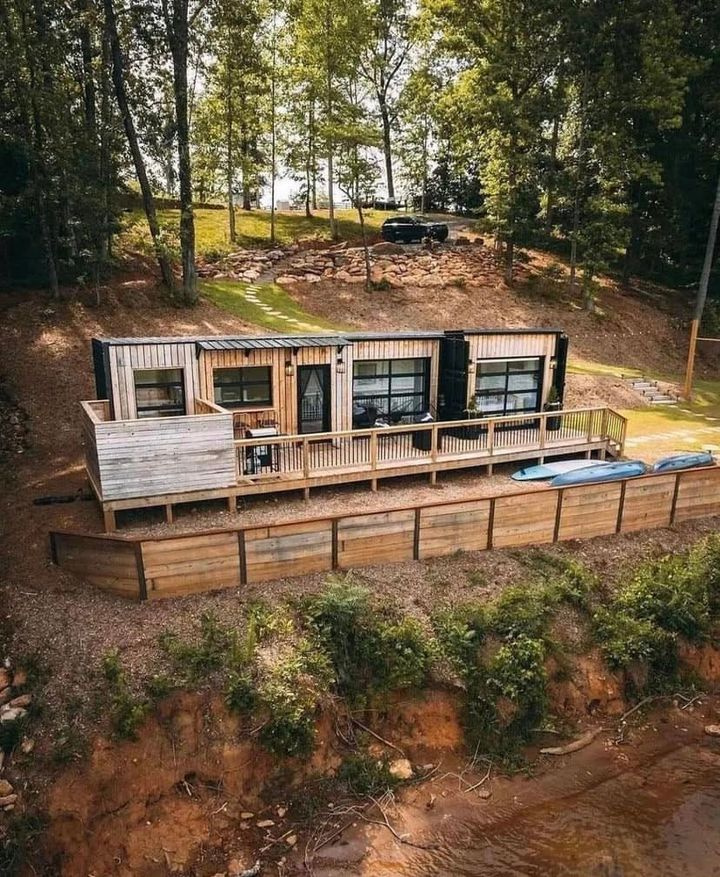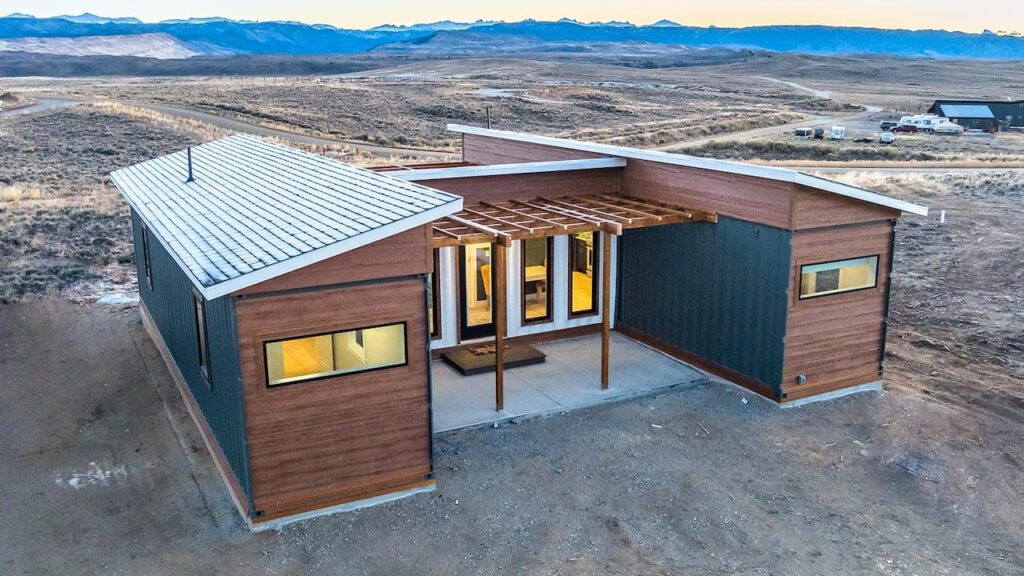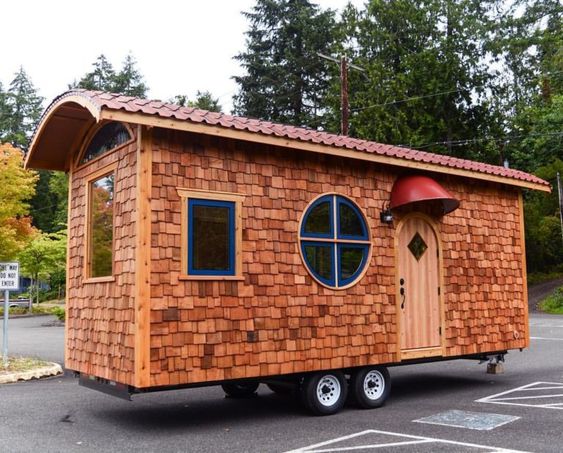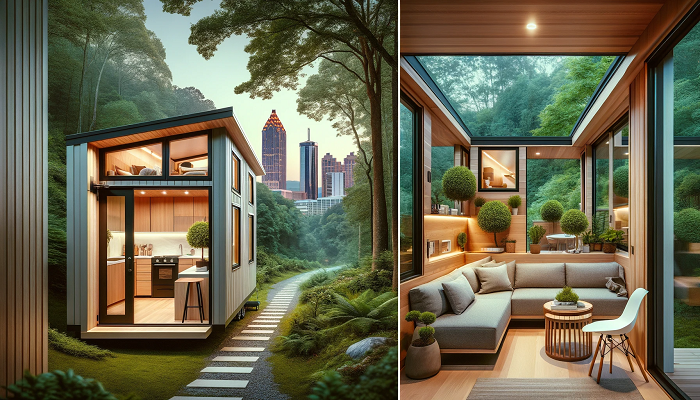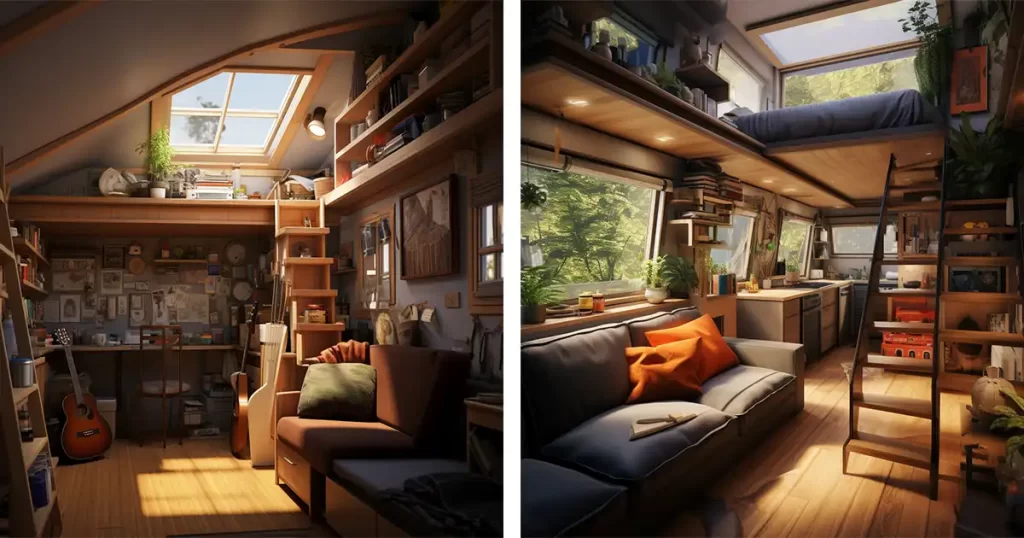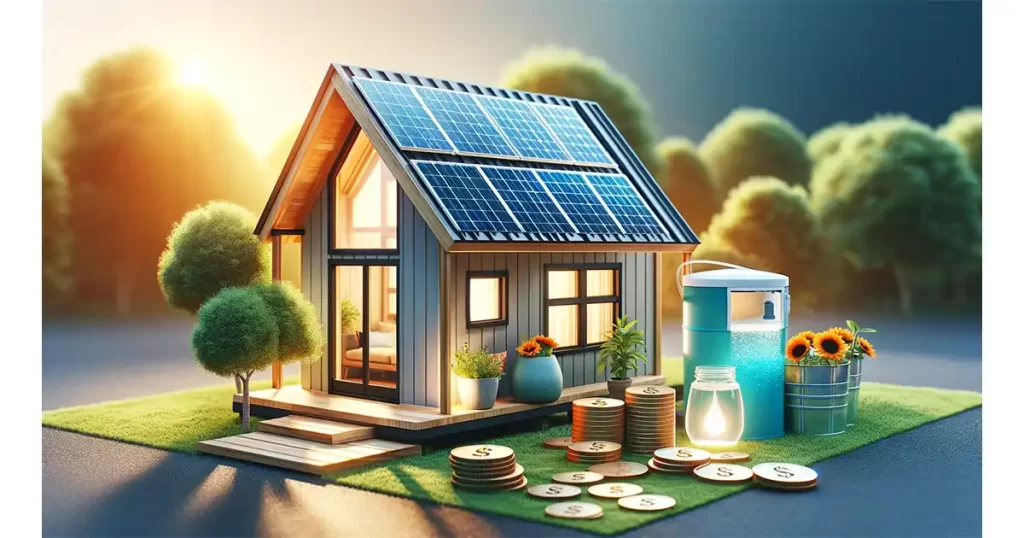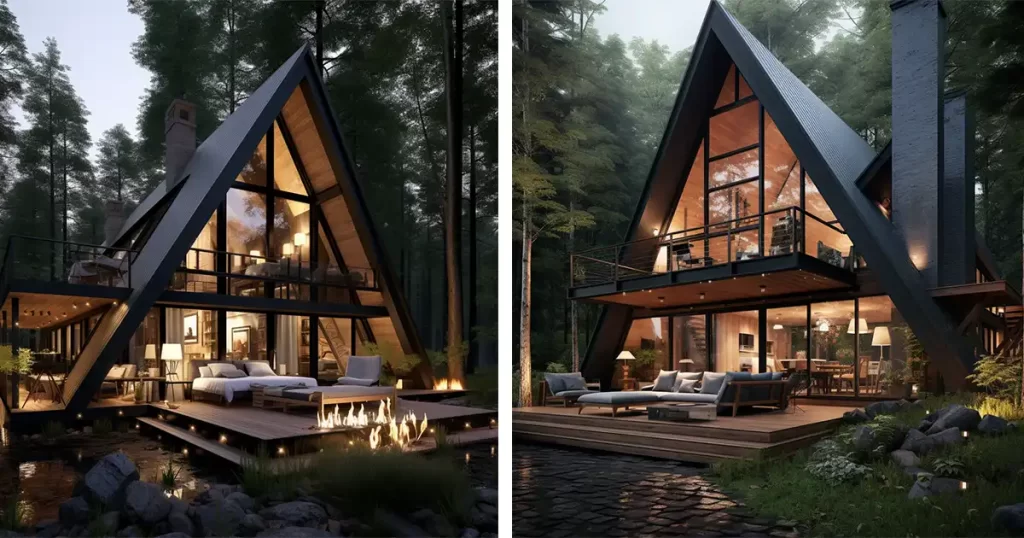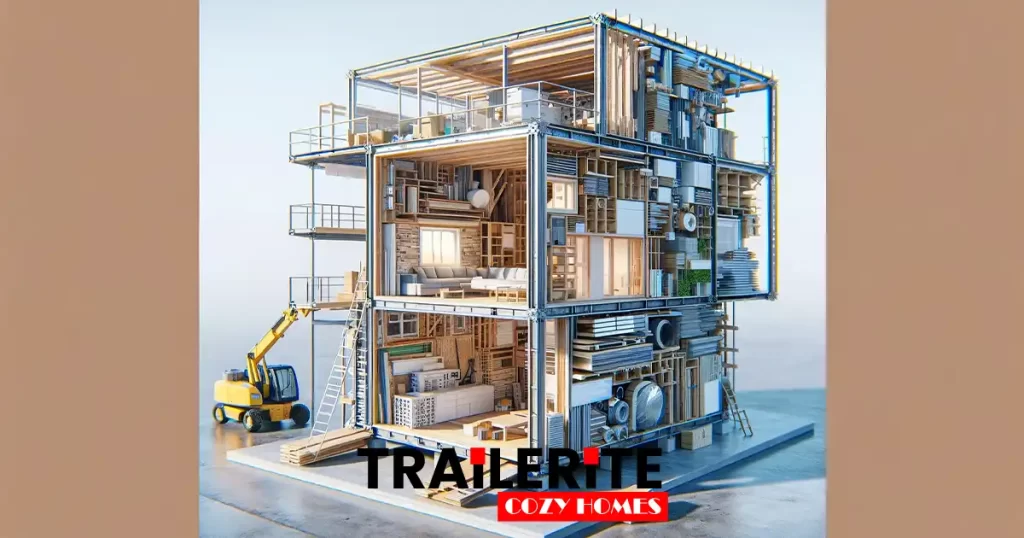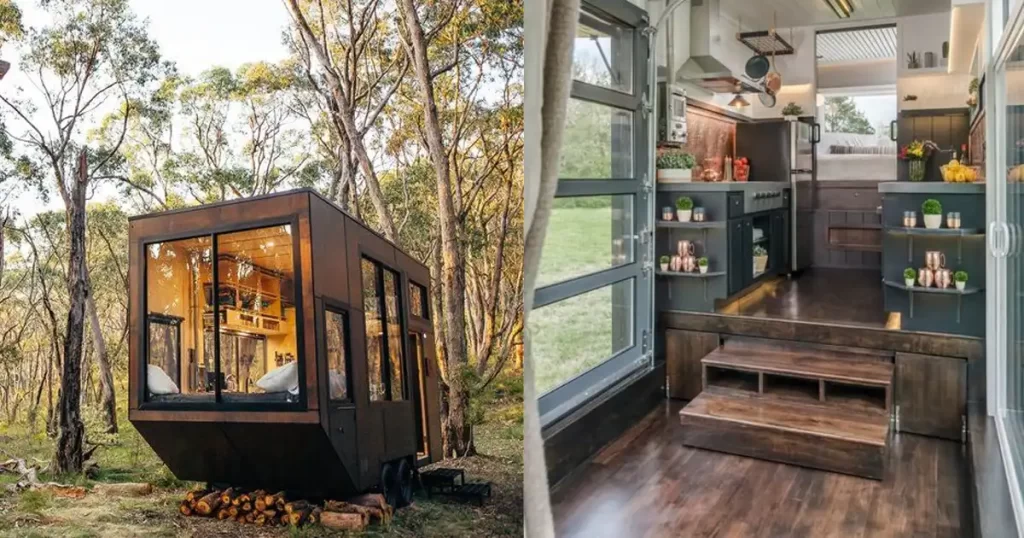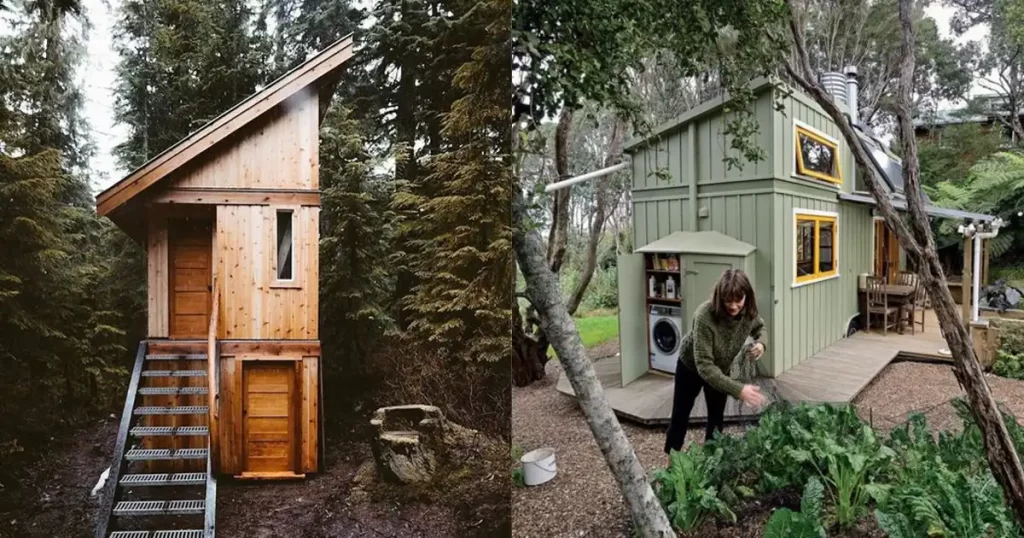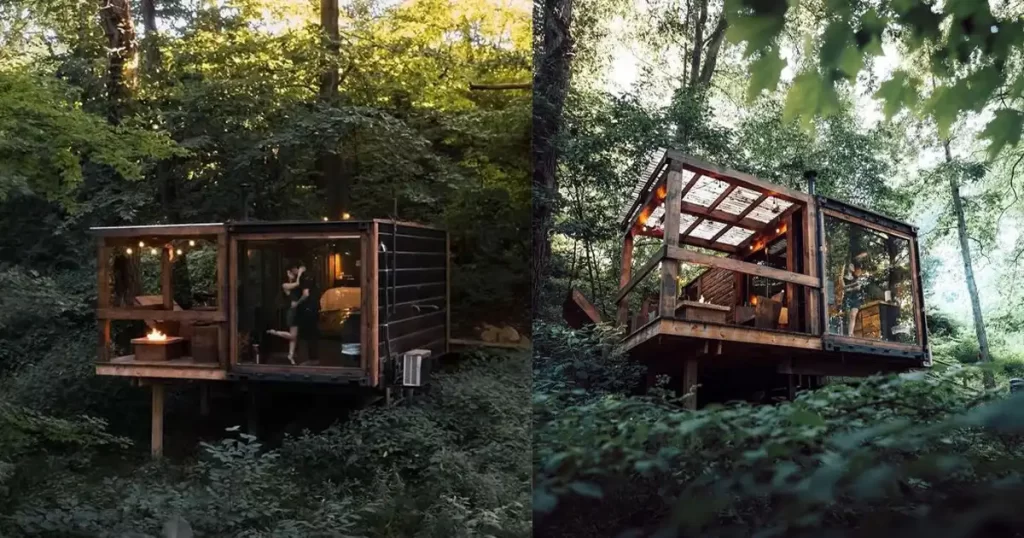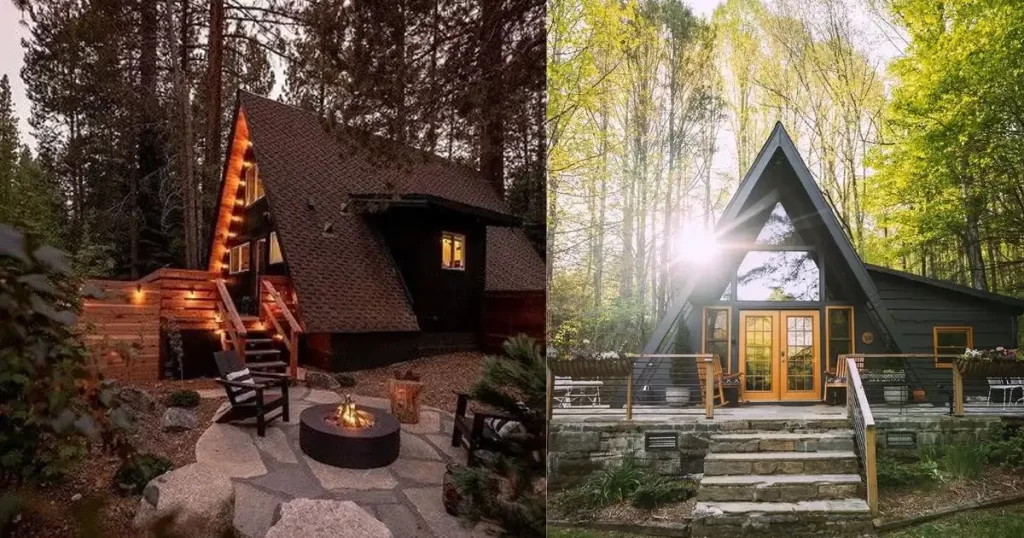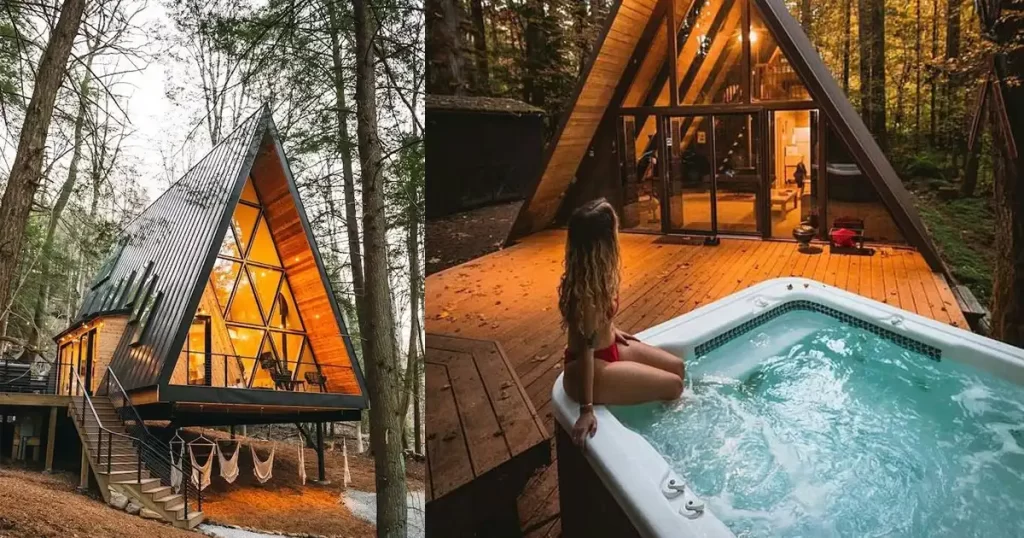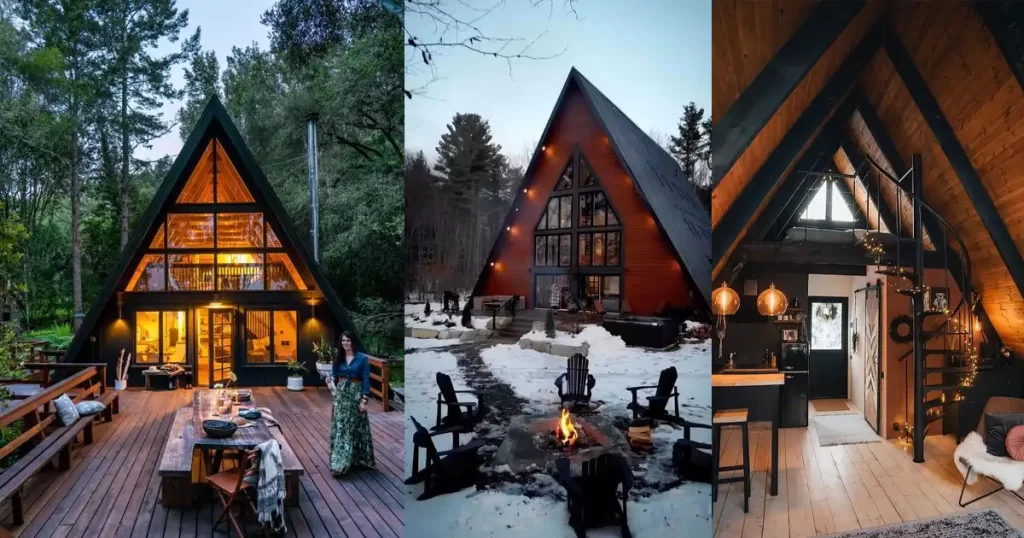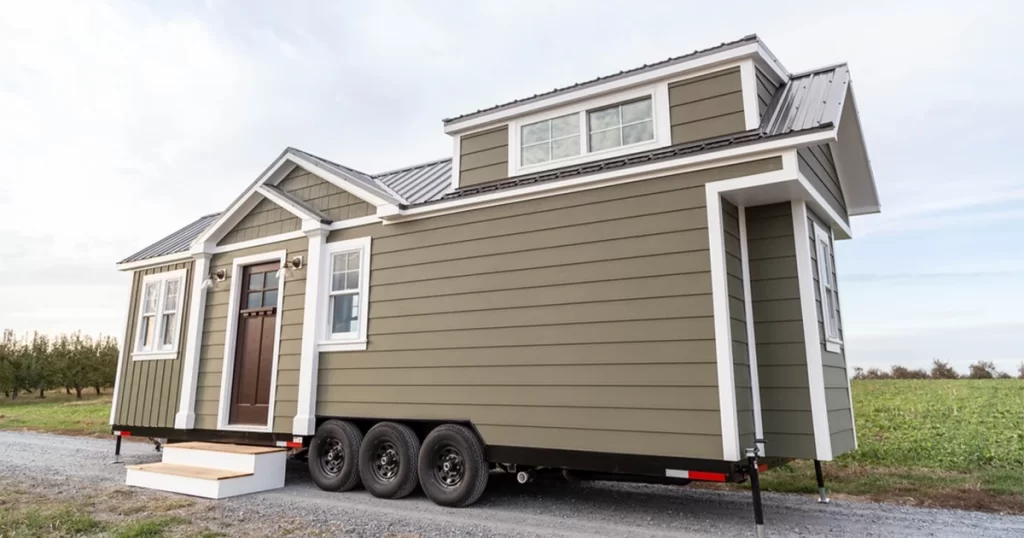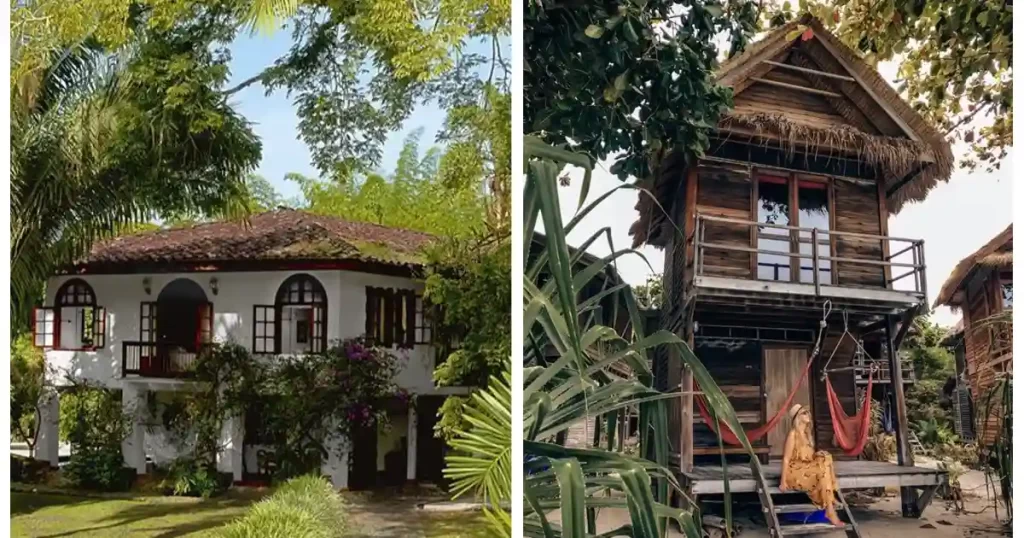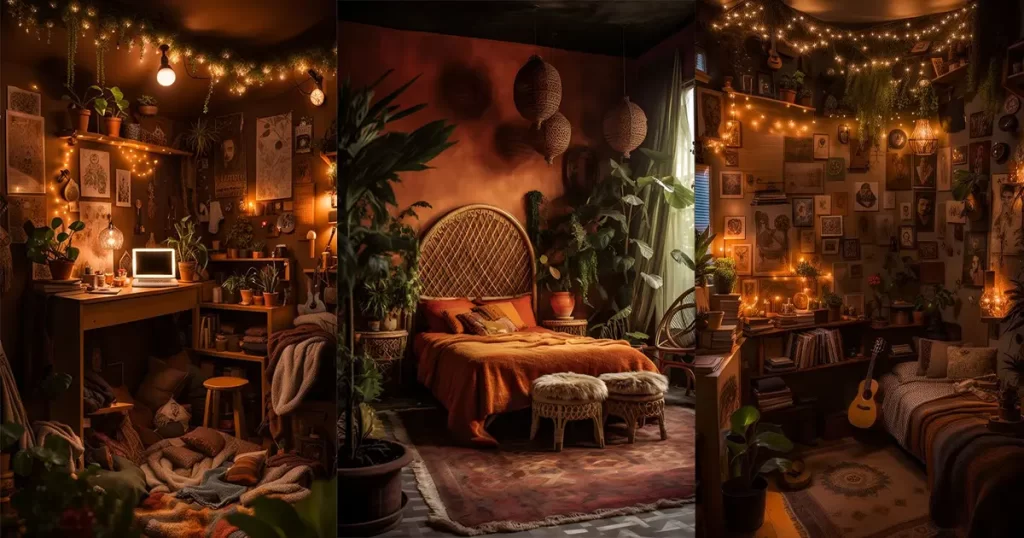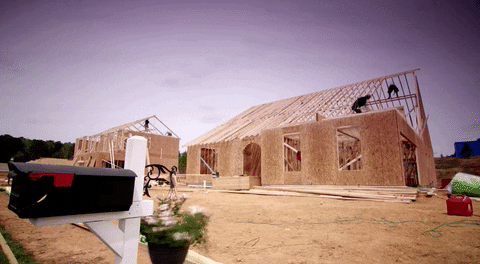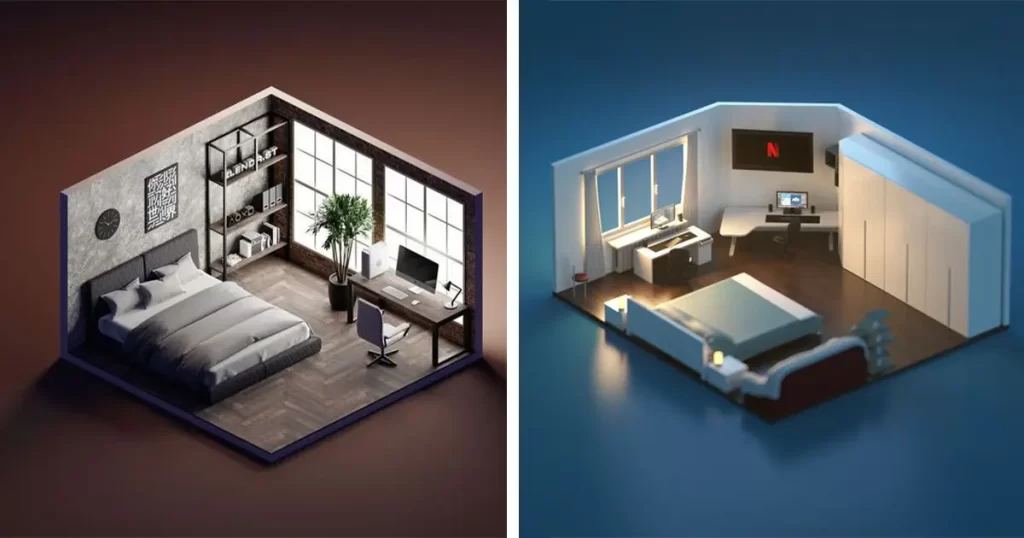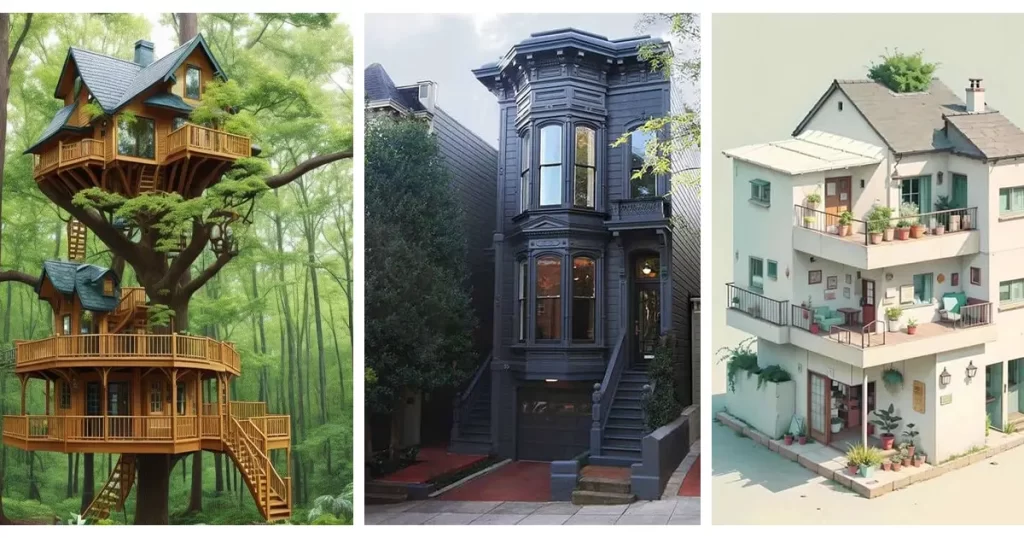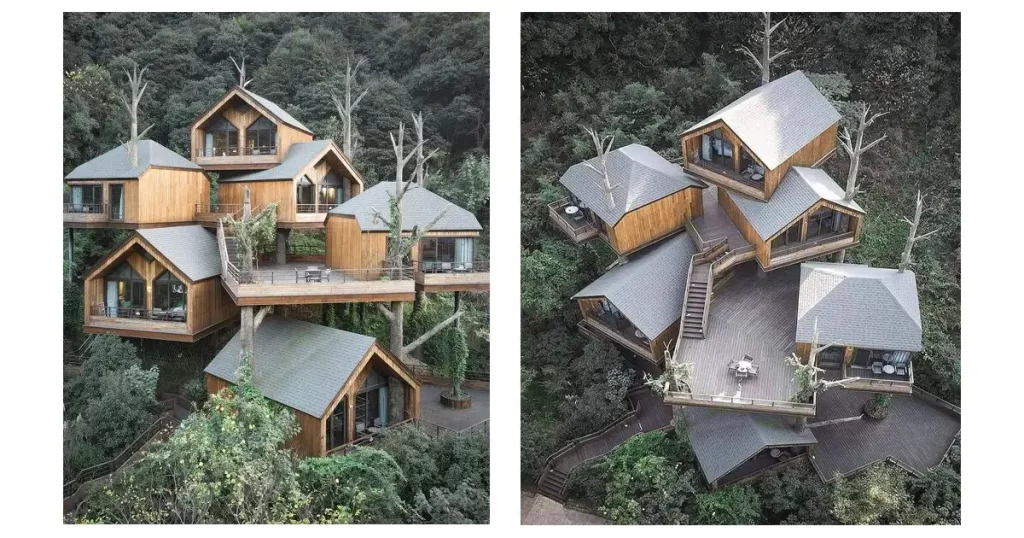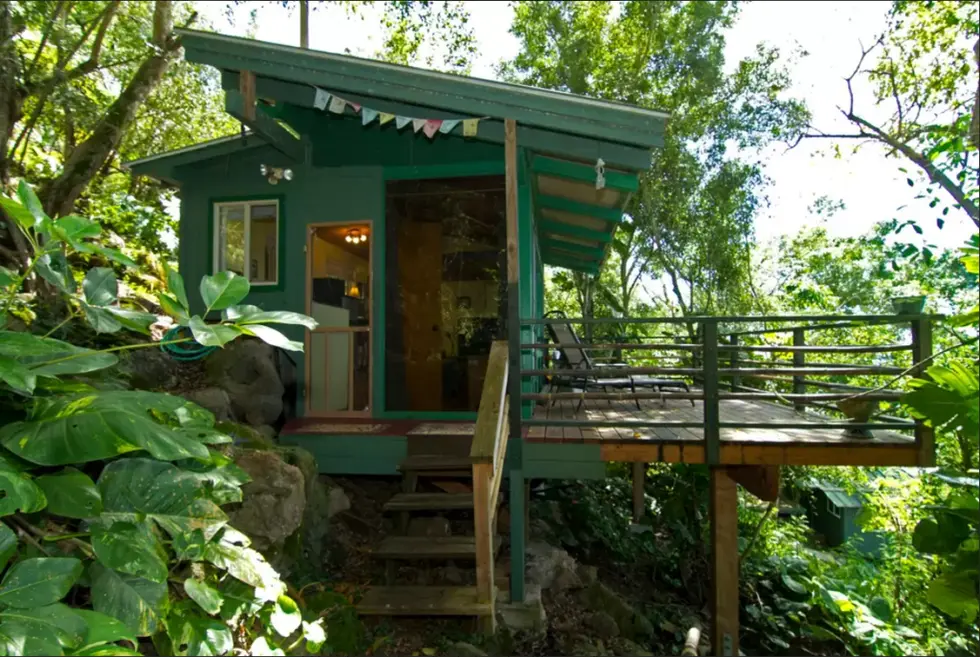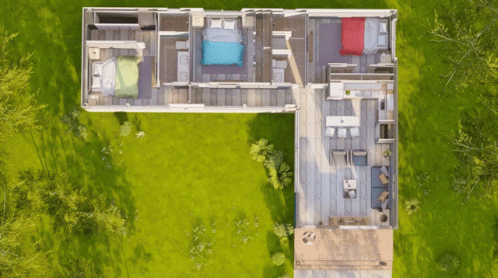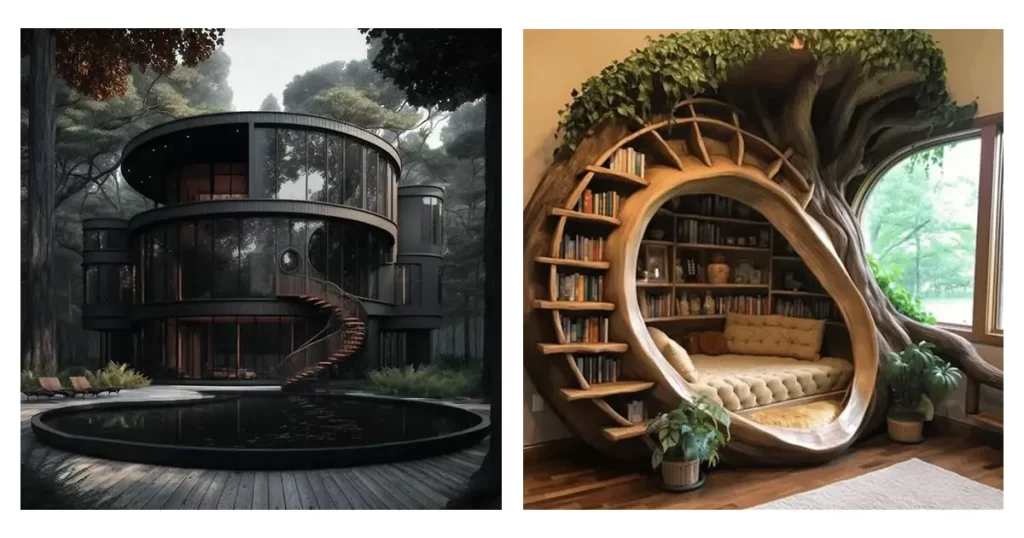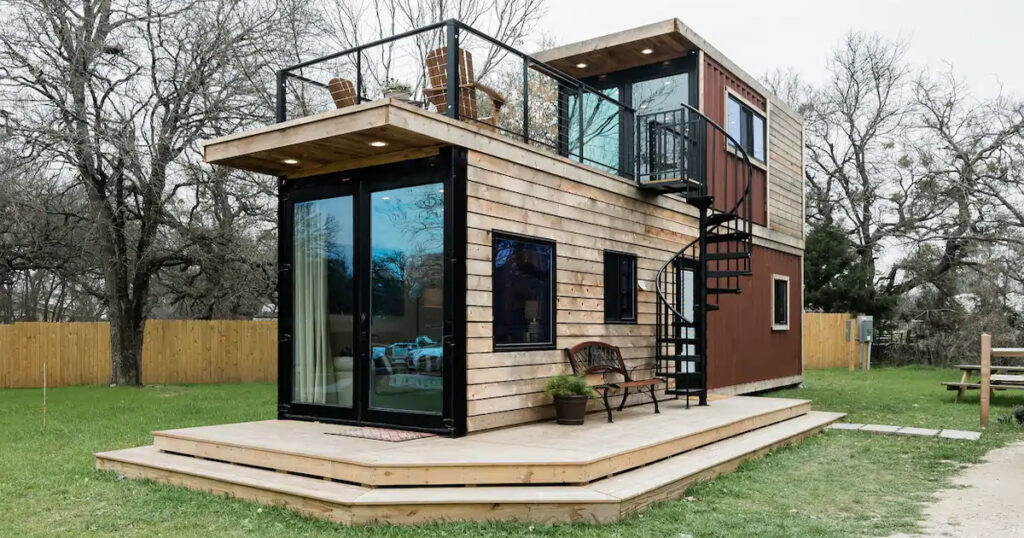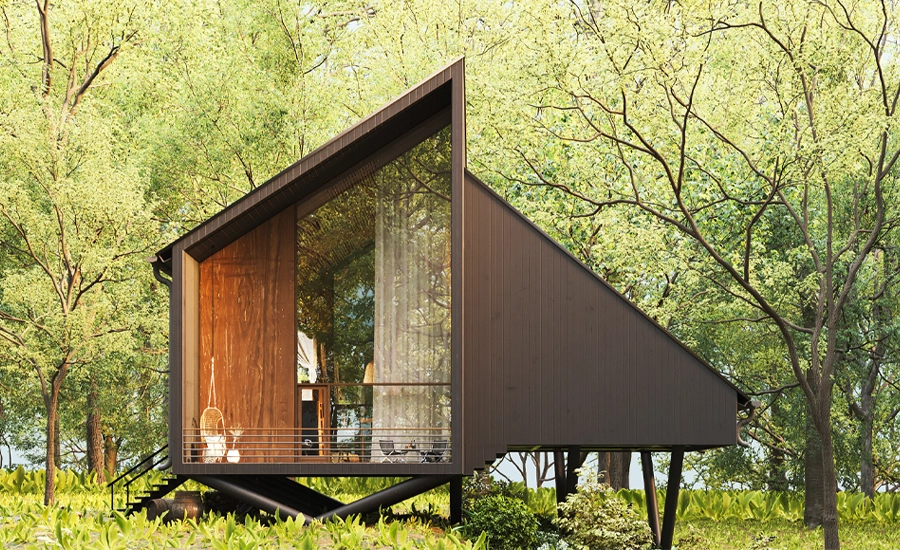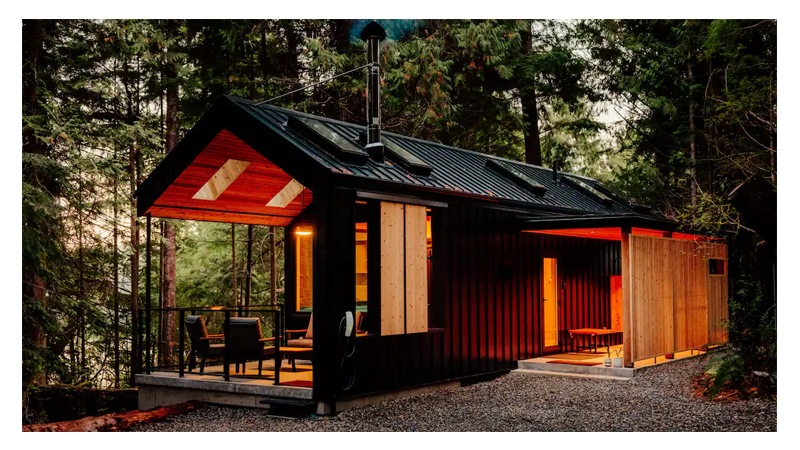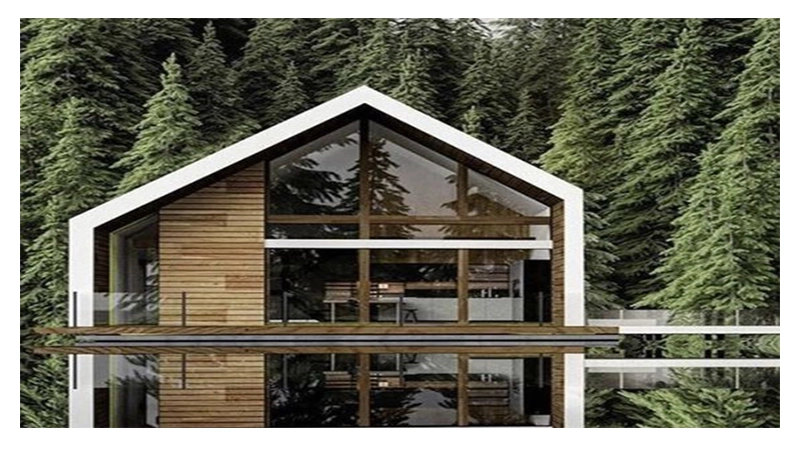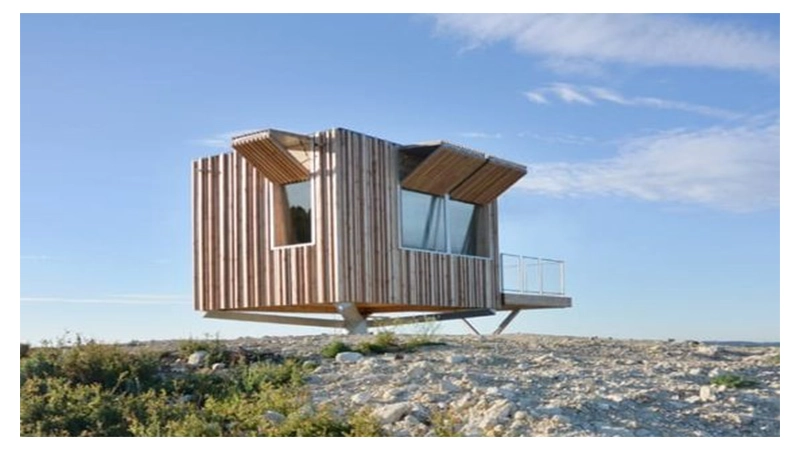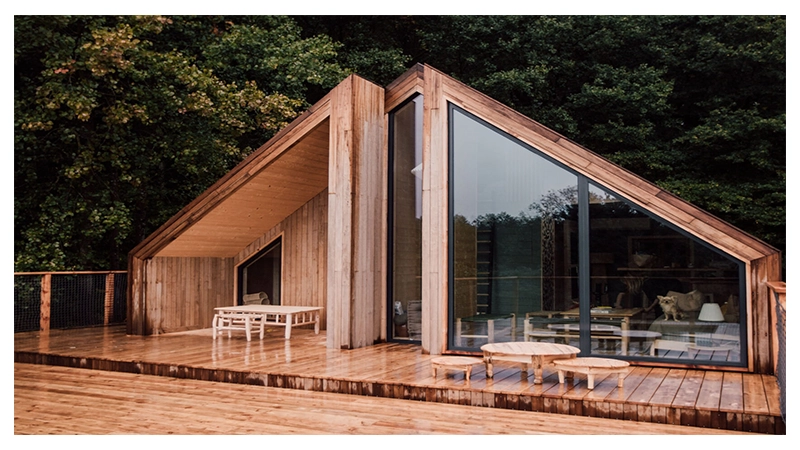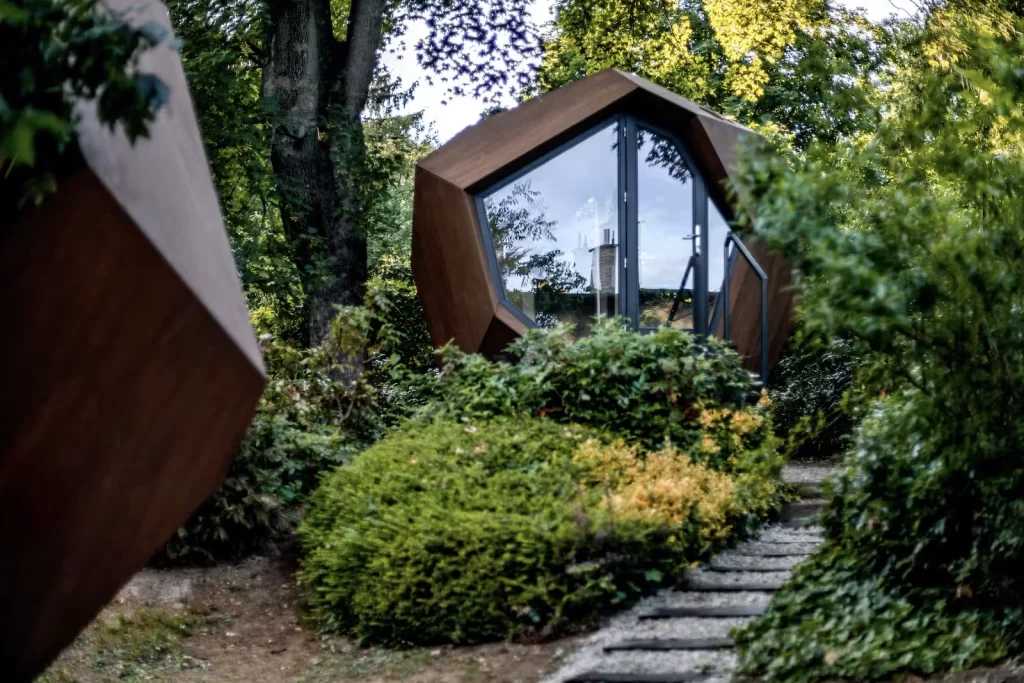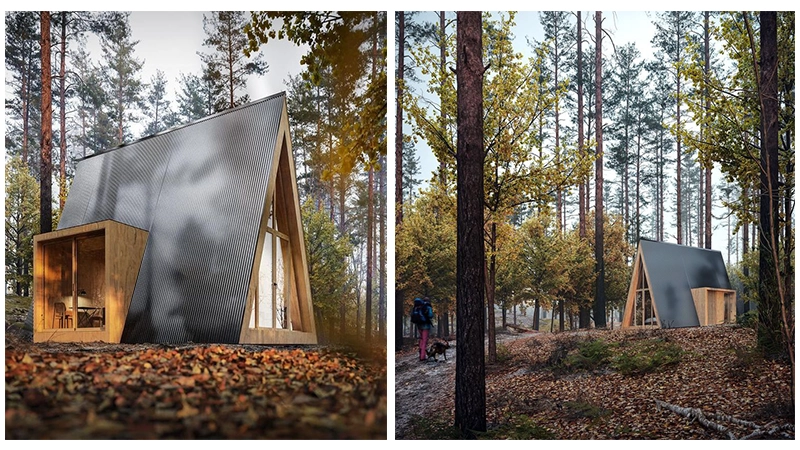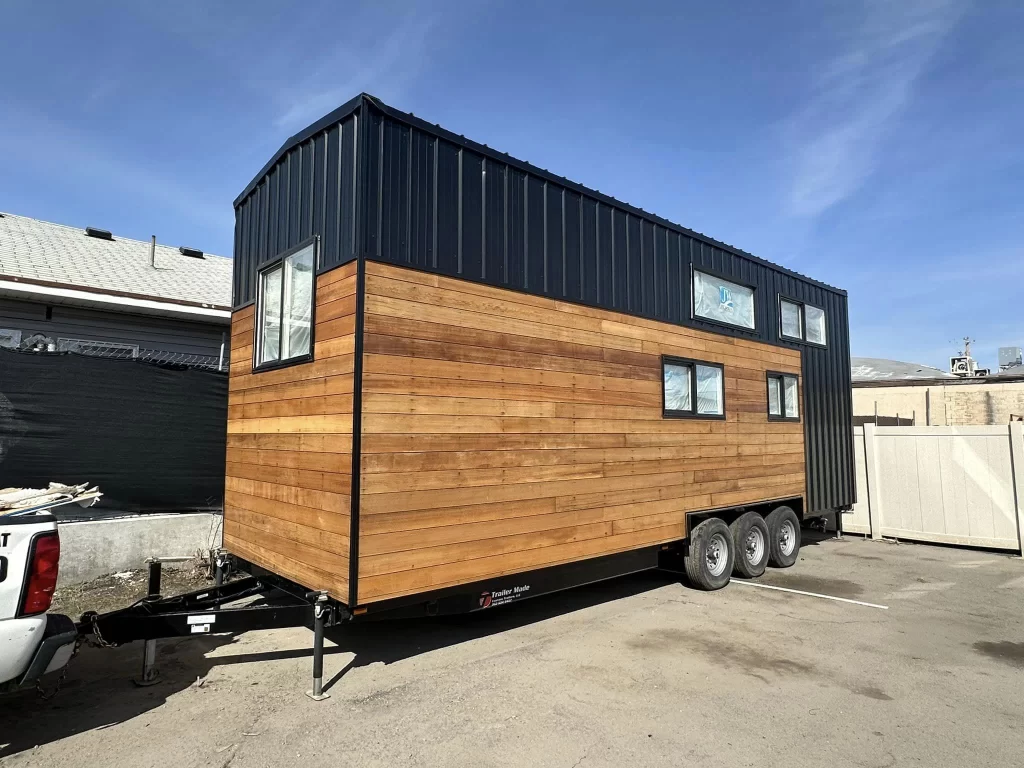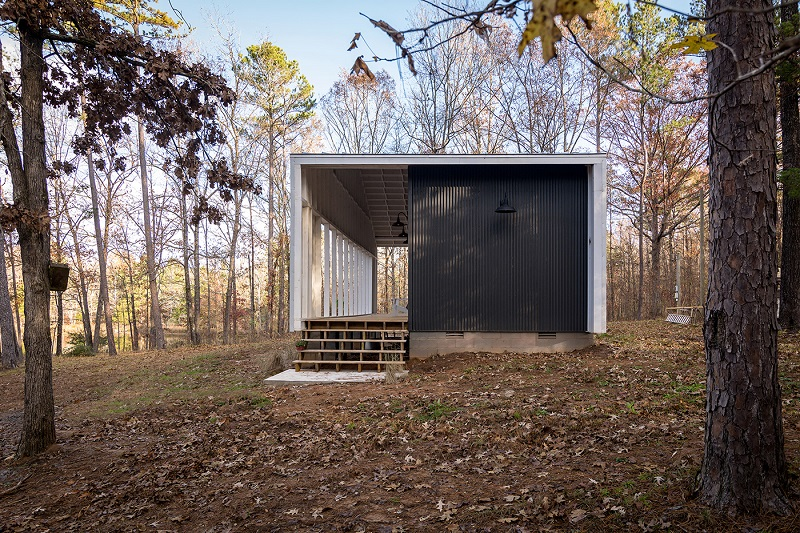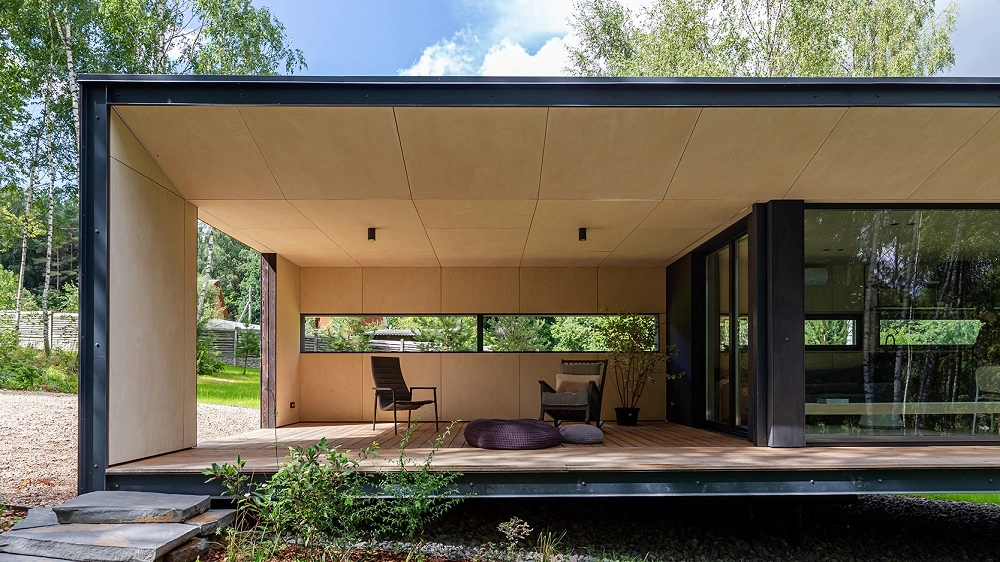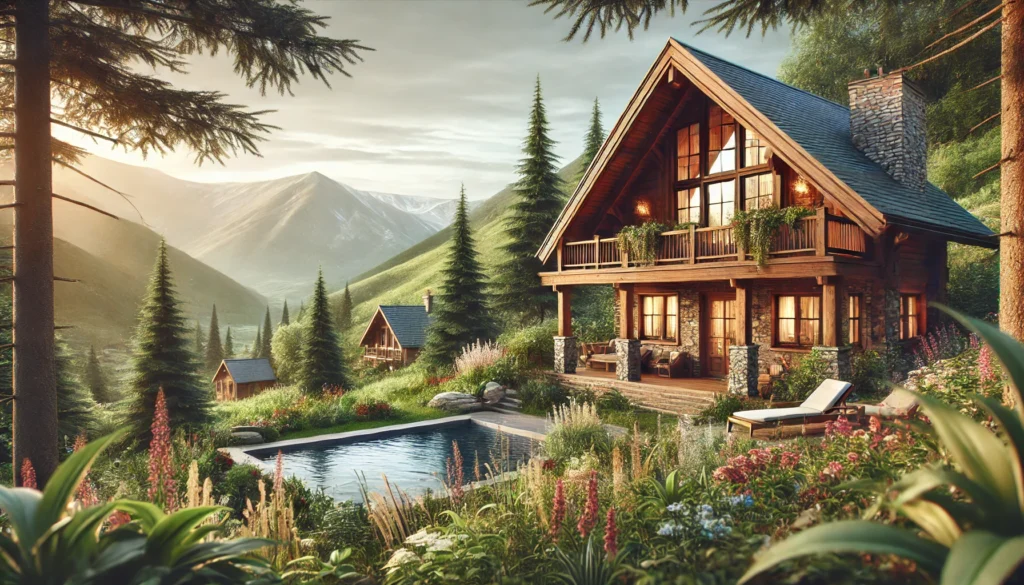
How to Get Started with a Small House Plan

A small house plan is a perfect solution for those seeking simplicity, efficiency, and sustainable living. Whether you dream of a cozy retreat, a weekend getaway, or a minimalist dwelling that reduces your ecological footprint, embarking on a small house plan is an exciting and rewarding journey. In this comprehensive blog post, we’ll walk you through the essential steps to get started with a small house plan.

Small House Interior Design Ideas
Featuring Define Your Vision and Objectives
The first step in creating a small house plan is to define your vision and objectives. Ask yourself: What do you want to achieve with your small house? Boldly jot down your priorities and goals, such as:
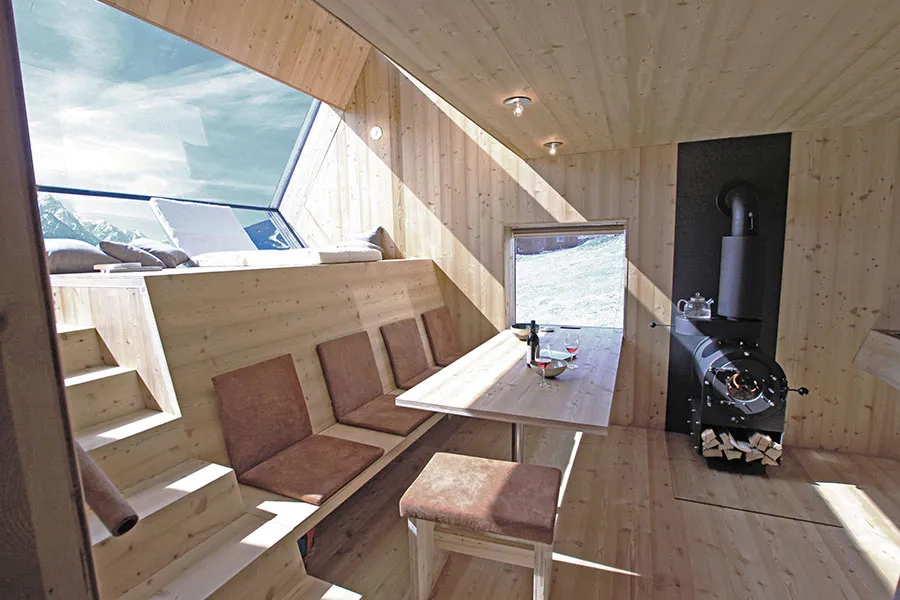
Small House Design Plans
Size and Layout
Consider the desired size of your small house. Are you looking for a compact tiny house, a small cottage, or a slightly larger cabin with a few extra amenities?
Outline the layout you envision. Think about the number of rooms, their placement, and any special features you want to include.

Small House Design Ideas
Functionality and Features
List the essential features and functions your small house should have. Prioritize what matters most to you, such as an open-plan kitchen, a cozy reading nook, or a flexible multi-functional space.

Small House Design
Explore alternative words to describe your desired features: versatile, space-efficient, multifunctional, etc.Eco-Friendly and Sustainable Aspects
Consider incorporating sustainable elements into your small house plan. Explore renewable energy options like solar panels, rainwater harvesting systems, or composting toilets.
Use alternative words to describe eco-friendly features: green, environmentally conscious, energy-efficient, etc.
Budget and Affordability
Set a clear budget for your small house project. Factor in construction costs, materials, permits, and any professional help you may need.
Research cost-saving strategies to create an affordable small house without compromising on quality.

Small House Deisign Idea
Choose the Right Design Style
With your objectives in mind, it’s time to choose a design style that suits your tastes and preferences. Boldly explore various architectural styles and identify the one that resonates with you.
Popular Small House Design Styles:

Small House Area
Modern Minimalist: Emphasizing clean lines and open spaces, this style is ideal for those seeking a sleek and uncluttered ambiance.
Cozy Cottage: Characterized by warmth and charm, this style offers a comfortable and welcoming atmosphere.
Rustic Cabin: Embrace the allure of nature with a rustic cabin design that blends into its natural surroundings.
Analyze Local Building Regulations
Before diving into the design process, familiarize yourself with local building regulations and zoning codes. Boldly research the requirements and restrictions related to small house construction in your area to ensure compliance.

Small House Stairs Design
Work with an Architect or Designer
For those lacking architectural expertise, working with a professional architect or designer can be invaluable. Boldly collaborate with them to create a small house plan that incorporates your vision and meets your needs.
Plan Your Space Efficiently
Space optimization is key in small house design. Explore clever storage solutions, innovative furniture designs, and smart layouts to make the most of every square footage.

Small House Interior Design
Storage Solutions
Discover alternative words for storage solutions: space-saving, hidden storage, built-in cabinets, etc.
Multi-Functional Furniture
Use alternative words to describe multi-functional furniture: convertible, space-efficient, dual-purpose, etc.
Thoughtful Layouts
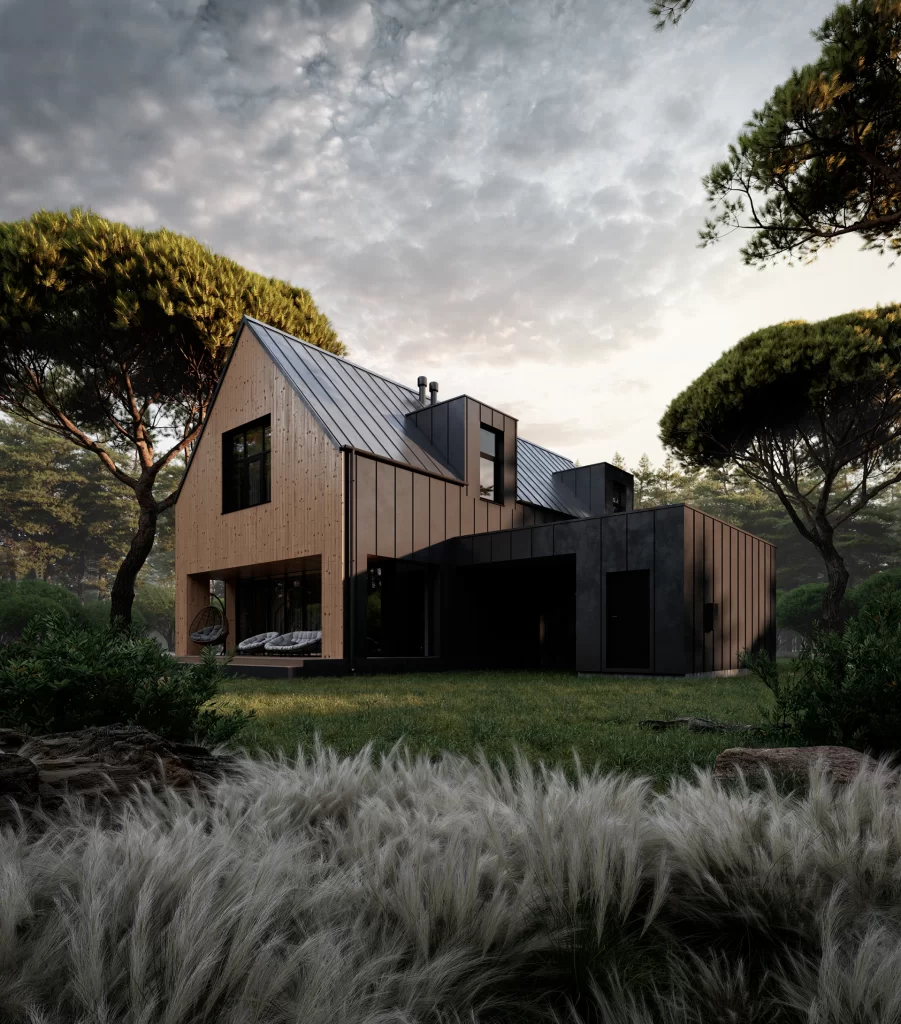
Modern Small Houses
Consider alternative words for thoughtful layouts: well-planned, ergonomic, strategic, etc.
Embrace Natural Light and Airflow
Maximize natural light and ventilation to create a bright and airy small house. Boldly integrate windows, skylights, and strategically placed doors to allow for ample airflow and a seamless connection with the outdoors.
Alternative words for Natural Light and Airflow:
Sunlit, breezy, well-ventilated, etc.
Consider Sustainable Materials
Selecting eco-friendly and sustainable materials is crucial in small house construction. Boldly choose materials that have a low environmental impact and ensure they fit your budget.

Modern Small House
Sustainable Material Options:
Recycled, reclaimed, eco-conscious, etc.
Get Inspired and Explore Small House Communities
Gather inspiration from various sources, including online platforms, design magazines, and small house communities. Boldly engage with like-minded individuals to learn from their experiences and gain insights into small house living.

Small Houses
Designing a small house is an exciting journey that allows you to create a space that truly reflects your lifestyle and values. By defining your vision, considering functionality and sustainability, and exploring different design styles, you can embark on a small house plan that fulfills your dreams of a simpler, more meaningful life. Embrace creativity, think outside the box, and let your imagination run wild as you embark on this rewarding adventure of creating your perfect small house.

